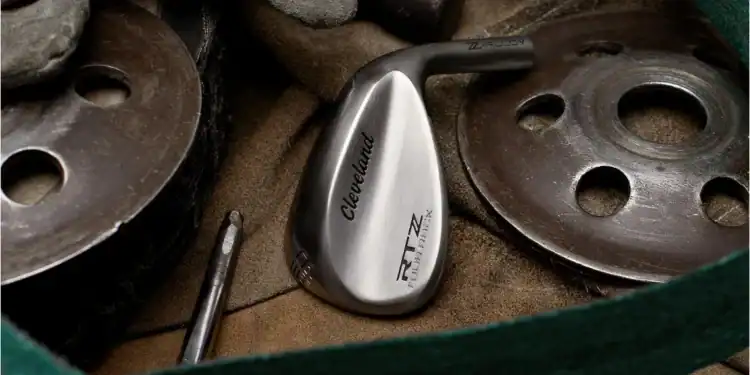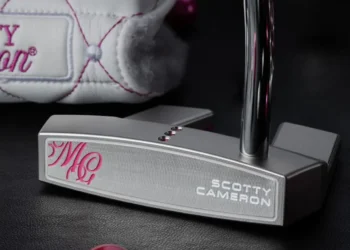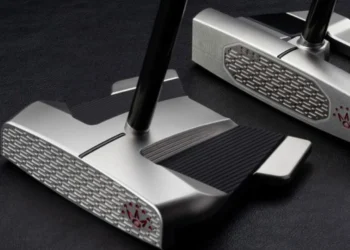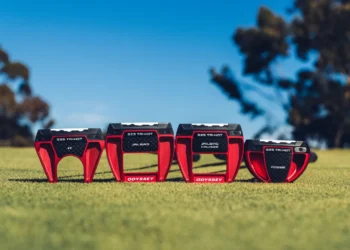Z-Alloy Powers Cleveland’s New RTZ Wedges for Better Spin and Durability
Cleveland Golf has revealed its latest wedge innovation, the RTZ range, built with a new proprietary metal alloy called Z-Alloy.
Developed over several years of advanced research, Z-Alloy aims to deliver improved feel, consistency, durability, and spin retention, while resisting rust even in raw finishes.
Breakthrough Material for Enhanced Performance
Z-Alloy has been engineered to improve upon 8620 carbon steel, the most commonly used wedge material, in four important areas.
First, it is around 10% softer on the Vickers hardness scale, giving players a more controlled feel at impact and supporting greater bending precision for custom fitting.
This softness is achieved while maintaining consistent hardness thanks to a controlled tempering process, resulting in a more uniform internal structure.
Second, Z-Alloy has a lower density than 8620, freeing up around six grams of discretionary mass.
Cleveland’s engineers have used this to fine-tune centre of gravity (CG) placement and moment of inertia (MOI) in the RTZ wedges, supporting improved launch and spin across different lofts.
The new material also maintains the same levels of grindability as previous models, allowing advanced golfers to customise sole grinds to their preferences.
Third, while being softer, Z-Alloy retains high levels of durability through its increased chromium and carbon content.
This makes it more resistant to wear and groove damage, extending the performance lifespan of the wedge even in demanding conditions.
Finally, Z-Alloy’s key benefit is its rust resistance.
Traditional raw wedges, though popular among tour professionals for reduced glare and easy grind adjustments, are prone to rust, which can degrade groove geometry and spin performance.
Z-Alloy maintains a raw look without rusting, preserving groove shape and friction properties over time.
Proven Spin Consistency in Real Testing
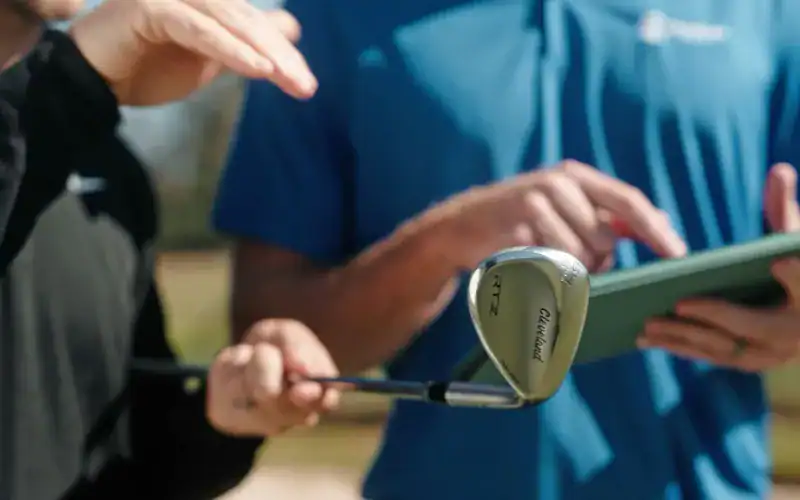
Cleveland Golf’s testing process compared raw Z-Alloy wedges with traditional raw 8620 models.
Robot and player testing showed that grooves on rusted wedges wore 87% faster than on Z-Alloy wedges, and that rusted wedges retained 15% less spin in wet conditions.
Further analysis confirmed that rust can create inconsistent spin patterns due to uneven surface changes, reducing overall control.
Z-Alloy avoids these issues, delivering a 200% improvement in spin and surface consistency compared to rusted raw wedges. This means players can expect more predictable, stable wedge performance over a longer period, while keeping the preferred look and feel of a raw finish.
RTZ wedges with Z-Alloy are also designed to minimise glare at address, supporting confidence when setting up for short-game shots. Cleveland Golf expects these new wedges to help golfers of all abilities achieve more consistent spin, launch, and stopping power on the greens.
Golfers can explore the new Cleveland RTZ wedge range and experience Z-Alloy technology for themselves at www.clevelandgolf.co.uk.

